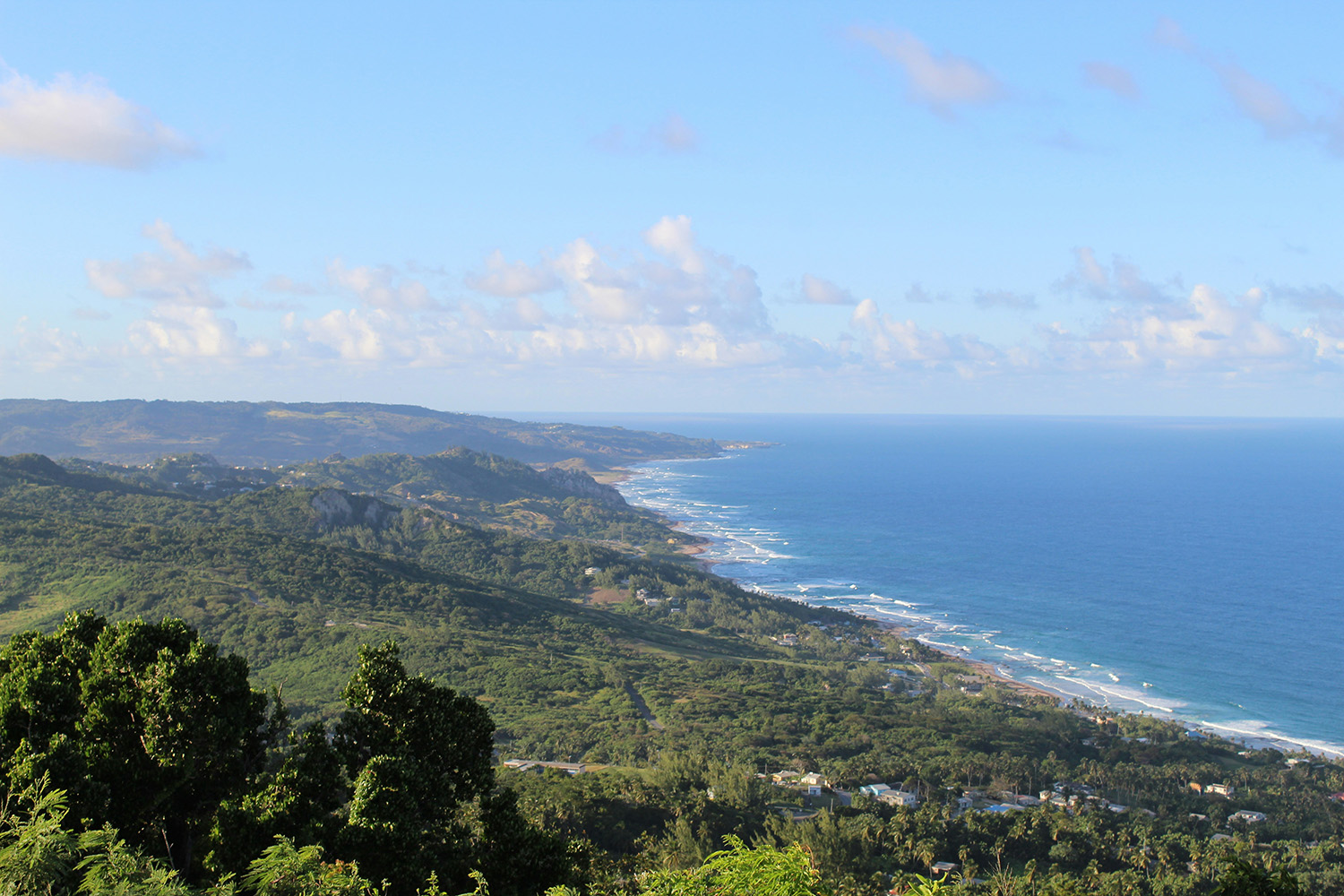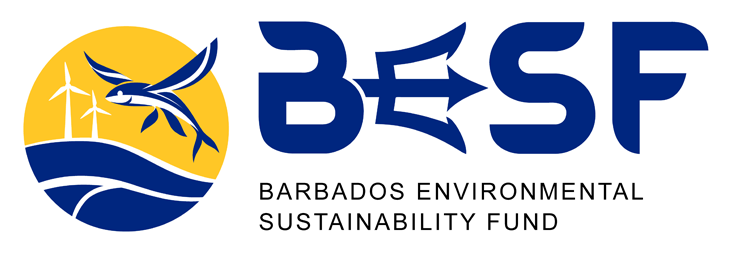ABOUT OUR ORGANISATION

Heralded as one of the most innovative financial deals to date, the Government of Barbados successfully redirected a portion of its sovereign debt service into marine conservation funding, in support of the nation’s commitment to conserve approximately 30% of its ocean and support the effective development and management of its blue economy.

Incorporated in April 2022 under the Companies Act of Barbados, the Barbados Environmental Sustainability Fund (BESF) was created to manage existing and new financing to support the island’s environmental sustainability efforts. In this regard, the BESF, as a legally registered non-governmental organisation (NGO), is tasked with undertaking charitable activities and programmes with the purpose, aim and objectives to:
- promote the maintenance, sustainability, use and growth of Barbados’ natural capital by making grants to individuals, non-profit organisation, community-based organisation, government agencies, academia and the private sector for relevant sustainable development projects related to the environment,
- promote and improve environmental heritage
- has as its focus funding projects, partners and activities that support the achievement of conservation and environmental sustainability activities in Barbados, including those identified as priorities of the Government of Barbados that are aligned with national plans and policies
-
support such additional purposes as the Board may, by Special Majority Vote, determine
Since 2022, the BESF’s Board has worked extensively to develop and implement a robust governance framework aligned with its governing legal documents and national laws, plans and policies.

As a large-ocean island state with an ocean size of 434 times our land area, Barbados is particularly vulnerable to environmental challenges, extreme weather events and changing ecosystems. It is also recognised that most of Barbados’ population and economic activities are located in coastal areas, making them more prone to being negatively impacted by climate risks. Like other Small Island Developing States (SIDS), Barbados has seen a loss of biodiversity on land and in our oceans. Therefore, by 2030, Barbados aims to become a “clean and beautiful large-ocean state, championing sustainable development locally and globally, with the goal of all domestic activities becoming 100% sustainable by 2035.” (Barbados Voluntary National Review, 2023)
